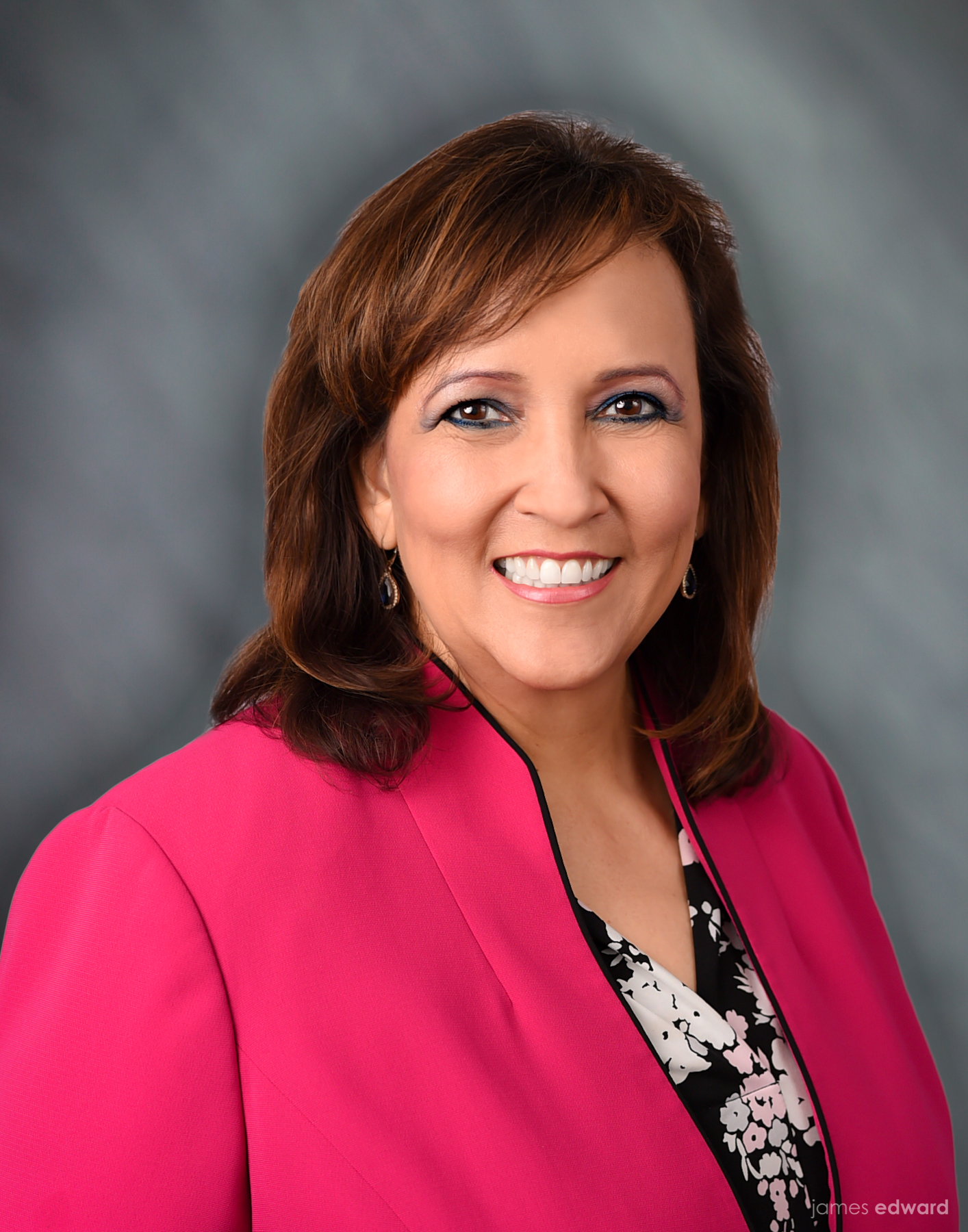LBU Community Clinic (formerly Los Barrios Unidos Community Clinic), founded in 1971 in West Dallas, is a private nonprofit primary care clinic that serves around 30,000 clients, most of whom are low-income and uninsured, through 90,000 doctor/patient visits each year. Leonor Márquez joined LBU in 2005, and she leads a team of 250 employees across four locations as its CEO. Below, Márquez discusses lessons learned in her 30 years in community health and shares her perspective on Hispanic culture and community.
This Q&A is a part of an ongoing series of DRC interviews with representatives from our member organizations and partners.

Q: Tell us about your current role – what does your day-to-day look like, and did you always picture yourself in this kind of job, or doing something different?
A: My current role is Chief Executive Officer of LBU Community Clinic. I have been the CEO for 16 years, and LBU has been around for 50 years.
In my younger years, I didn’t really picture myself in health care – nor did I ever see myself as a CEO! In my first year of college, I decided to become a counselor, and that led me to complete a Bachelor of Social Work degree (at Arizona State University) and a Master of Social Work degree (at Our Lady of the Lake University). For a few years, I worked as a clinician in health care settings, counseling individuals, families, and groups. Over the years, I became more and more interested in the business side of health care, and my employer gave me more and more responsibility managing clinics. In 2001, I completed my Master of Business Administration degree at the University of Texas at San Antonio. That propelled me to employment in Dallas, first at Parkland Health & Hospital System, then eventually at LBU.
Q: Who have been your mentors, if any, along the way? How have they helped you succeed?
A: My first mentors were my parents, who showed me the importance of education and service to others. Both of them modeled working hard, being respectful, going to school, and volunteering. In graduate school, I met Ernesto Gomez, who would become my mentor and employer. He helped me understand the importance of being prepared – even over prepared – and the importance of building and nurturing business relationships.
Q: The Society for Human Resource Management estimates that Hispanic workers will account for one out of every two new workers entering the workforce by 2025. What future challenges do you see for Hispanics in the workforce, and what are you hopeful for?
A: This is good news for the workplace of the future! In just a few years, with half of the workforce being Latino, we can expect the fruits of diversity to be normal. Latino judges, physicians, artists, CIOs, teachers, investors, engineers, and entrepreneurs will be the norm, not the exception. I do not look at this as a challenge for Hispanics. I see it as a huge opportunity for our workplace and society.
Latinos, whether their family has been in this country for generations, or they are newly arrived immigrants, bring a multicultural and multilingual orientation to the workplace. We are more successful as corporations and workplaces when we have diversity of backgrounds and diversity of thought.
Q: What are you hopeful for when it comes to Hispanic culture and community? What challenges do you see?
A: I am filled with pride when I glimpse sightings of my culture in society, whether it is in the arts (theater, music, and ballet folklórico performances), in family celebrations (weddings, graduations, and quinceañeras), or sporting events. I am hopeful that the rich Latino culture is embraced by the larger society and not celebrated only on Cinco de Mayo.
Unfortunately, we still face many challenges in our community. Latinos are more likely to experience poverty and discrimination. Too many of Latinos do not vote, even though every 30 seconds a Latino turns 18 in this country. We have work to do as a society to change voting behavior for Latinos and other communities of color, and our work on making the polls accessible is incomplete.
Q: What would you want future generations of Hispanics to know, especially when it comes to building a successful career?
A: I want future Latinos to know that even when the deck is stacked against you, so much of your future is in your hands. My advice for young Latinos:
-
-
- Study. Complete high school. Whether you earn one or more degrees or learn a craft or trade, study, work hard, learn from others. Seek out mentors and successful people.
- Serve others. Volunteer. Be a mentor. Share your time and talents to make our society better.
- Donate. Whatever your circumstances, there are others less fortunate who need your help.
-